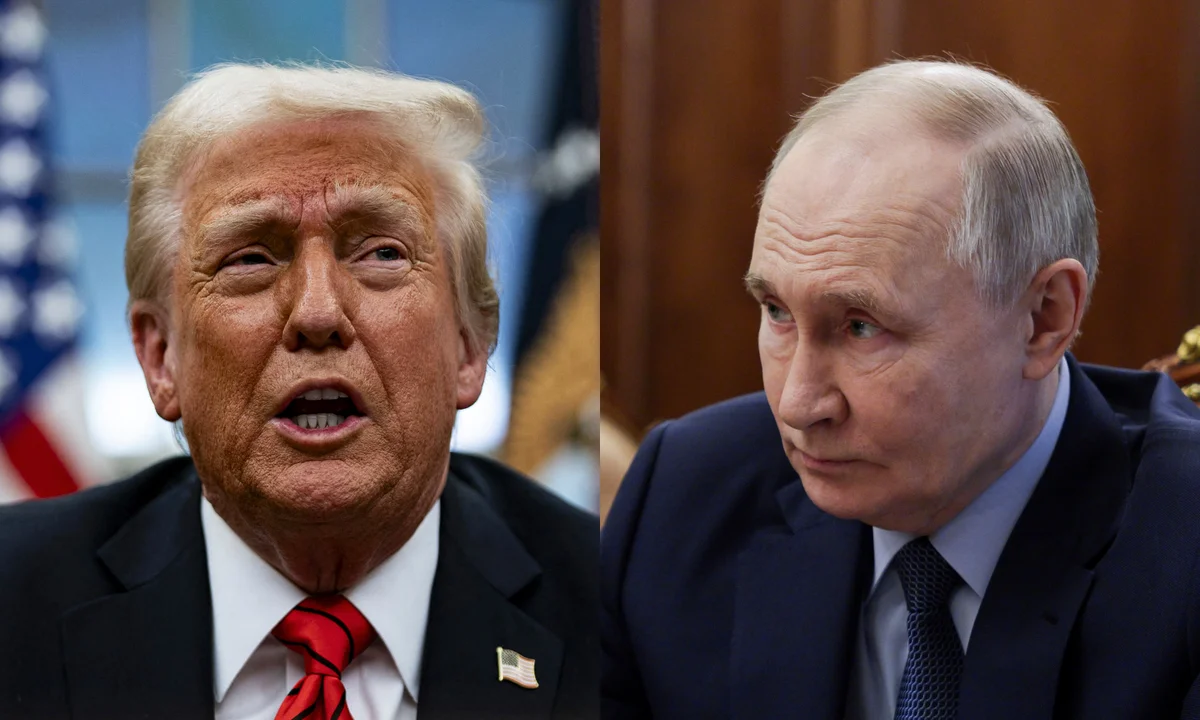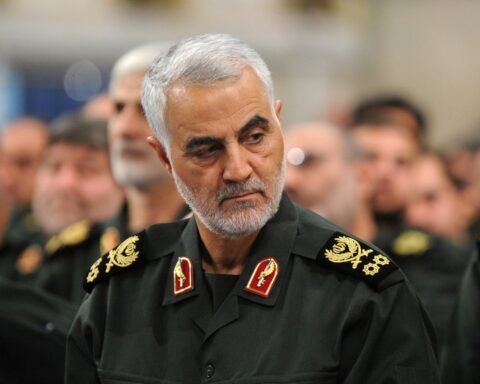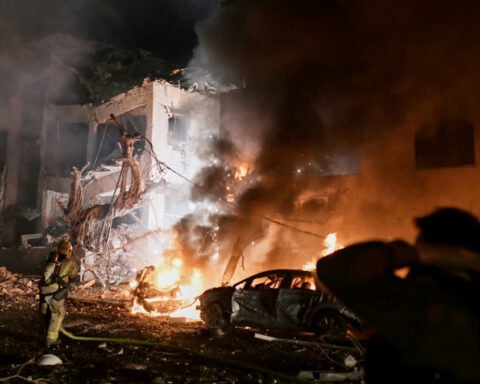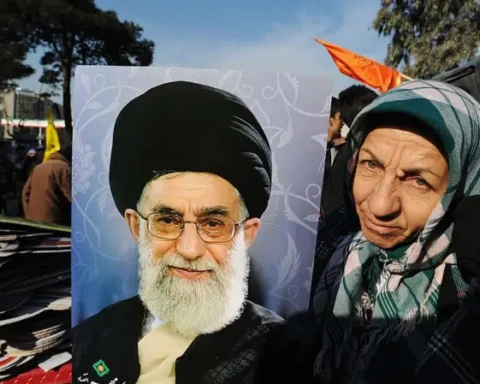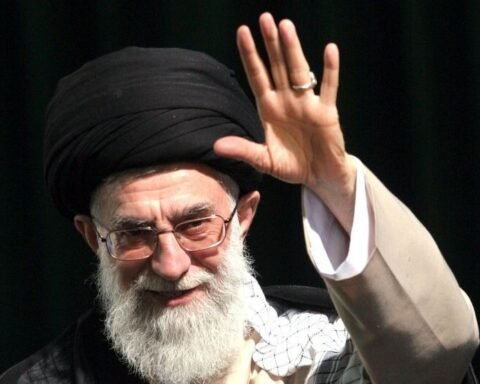Russian President Vladimir Putin and U.S. President Donald Trump spoke at length on Saturday, June 15, about the escalating conflict between Israel and Iran, as well as broader tensions across the Middle East.
According to Yuri Ushakov, a senior foreign policy aide to the Kremlin, President Putin condemned Israel’s recent military campaign against Iran, voicing concern about the mounting risk of a full-scale regional war.
“Vladimir Putin condemned Israel’s military operation against Iran and expressed serious concern about a possible escalation of the conflict, which could have unpredictable consequences for the entire situation in the Middle East,” Ushakov told journalists at a press briefing in Moscow.
Trump, now campaigning to return to the White House, used Truth Social to post his reflections shortly after the call. He confirmed that most of their conversation centered on the Middle East crisis, but he also emphasized his belief that the war in Ukraine must end.
“He feels, as do I, this war in Israel–Iran should end,” Trump wrote. “To which I explained, his war should also end.”
Diplomatic Pathways and the Iran Nuclear Talks
Both leaders acknowledged the potential for resuming negotiations over Iran’s nuclear programme, which has long been a sticking point in international diplomacy. Talks had previously been facilitated by Oman, a neutral Gulf nation that has often played a behind-the-scenes role in mediating regional tensions.
However, a scheduled round of talks set for Sunday in Oman was canceled amid deteriorating conditions on the ground. Still, Ushakov said that American and Russian officials remain open to further dialogue.
Putin reminded Trump of Russia’s earlier proposals aimed at reducing nuclear tensions—suggestions made well before the latest outbreak of violence. “Our position has not changed,” Ushakov said. “Russia remains committed to finding a mutually acceptable solution regarding Iran’s nuclear ambitions.”
Personal Tone and Regional Impact
The phone call took on a somewhat personal tone as well. Putin reportedly used the occasion to extend birthday greetings to Trump, who turned 78 on Friday.
While the conversation was dominated by Middle East concerns, Trump acknowledged that the conflict in Ukraine was briefly discussed. He hinted at the possibility of deeper conversations on that issue in the coming days, raising speculation about new diplomatic overtures between Washington and Moscow.
Also Read; Netanyahu Appeals To Iranians Amid Rising Conflict
The broader implications of this call are significant. With tensions escalating across multiple fronts—from Iranian drone activity to Israeli counterattacks, and with countries like Lebanon and Jordan taking preemptive steps to secure their airspace—the need for level-headed leadership is urgent.
The United Nations and the European Union have both called for maximum restraint from all sides, warning that any miscalculation could ignite a region-wide conflagration.
A Rare Convergence
Despite their countries being on opposite sides of several geopolitical divides, the Putin–Trump call shows that common ground may still exist—especially when global peace is at stake. Analysts note that although neither man holds formal control over their nation’s policies at present (Trump being a former president), their statements still carry considerable weight in international diplomacy.

